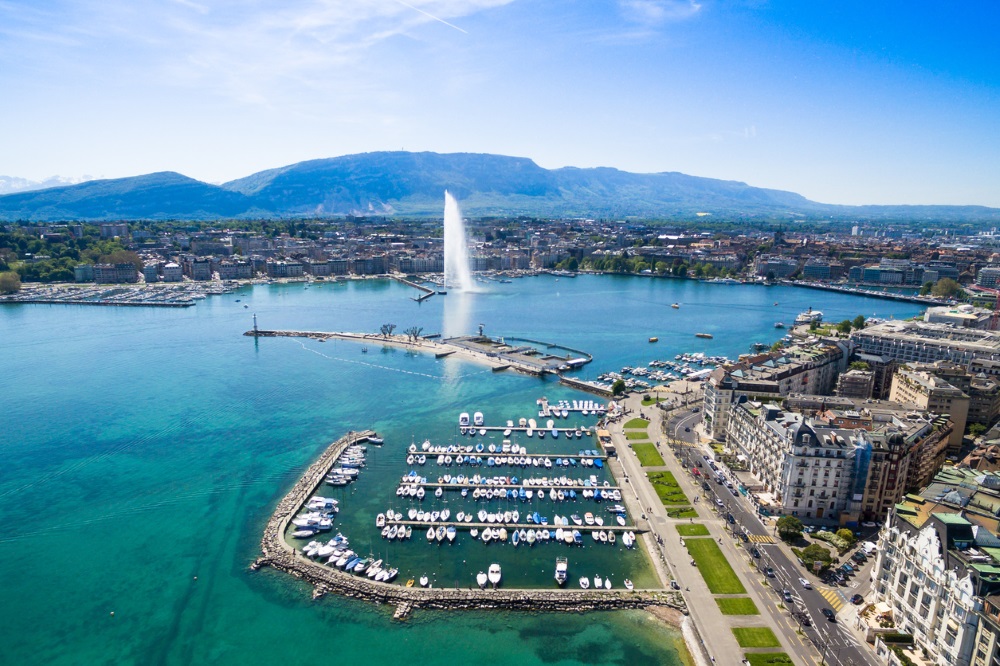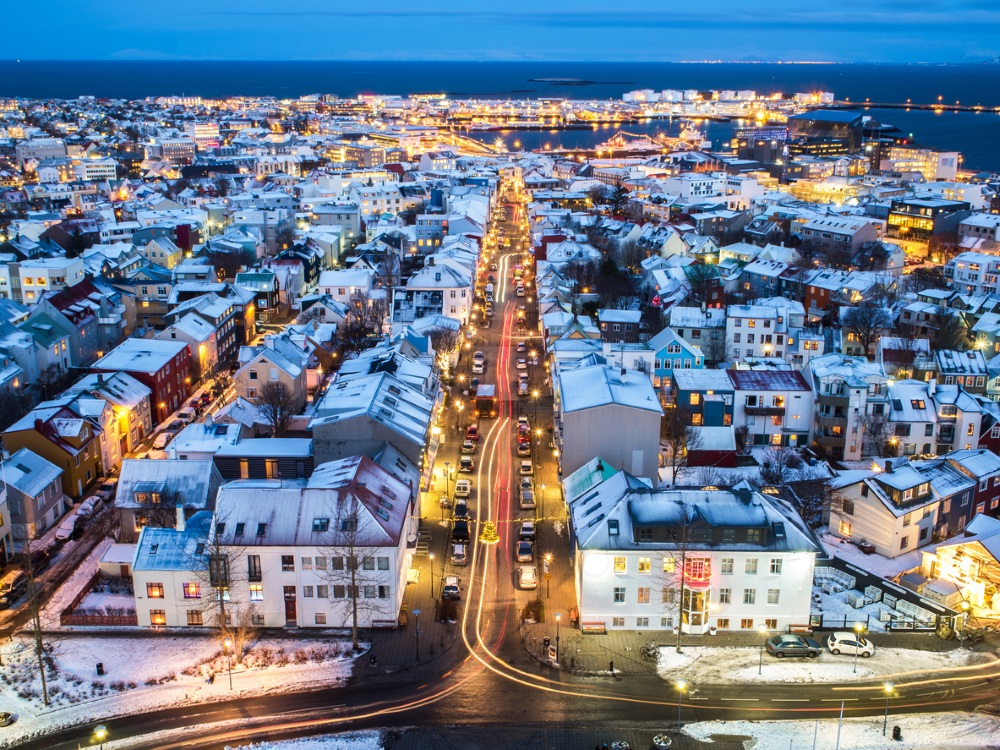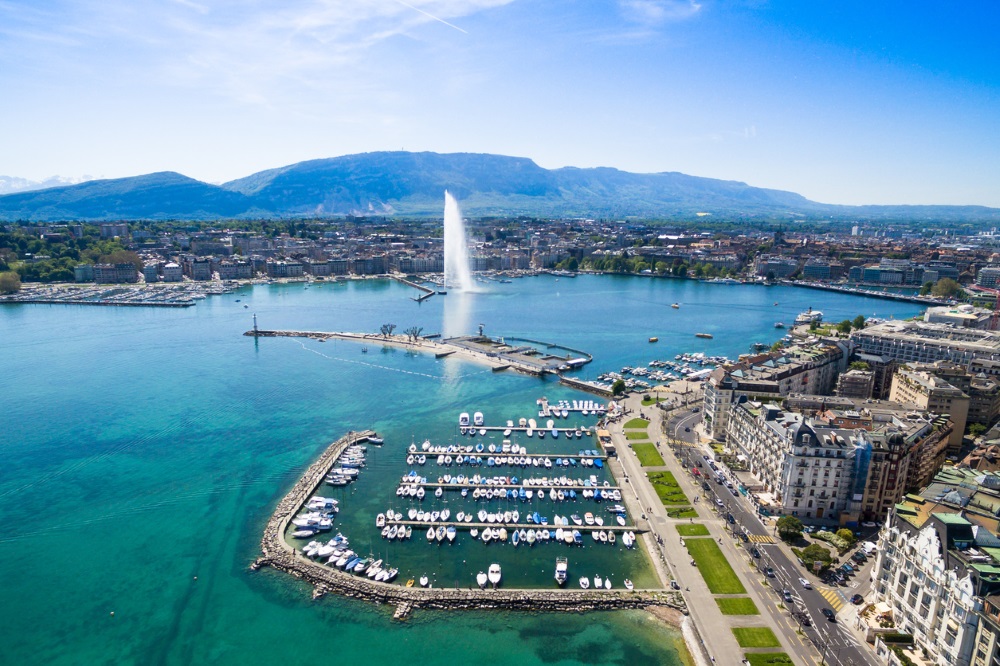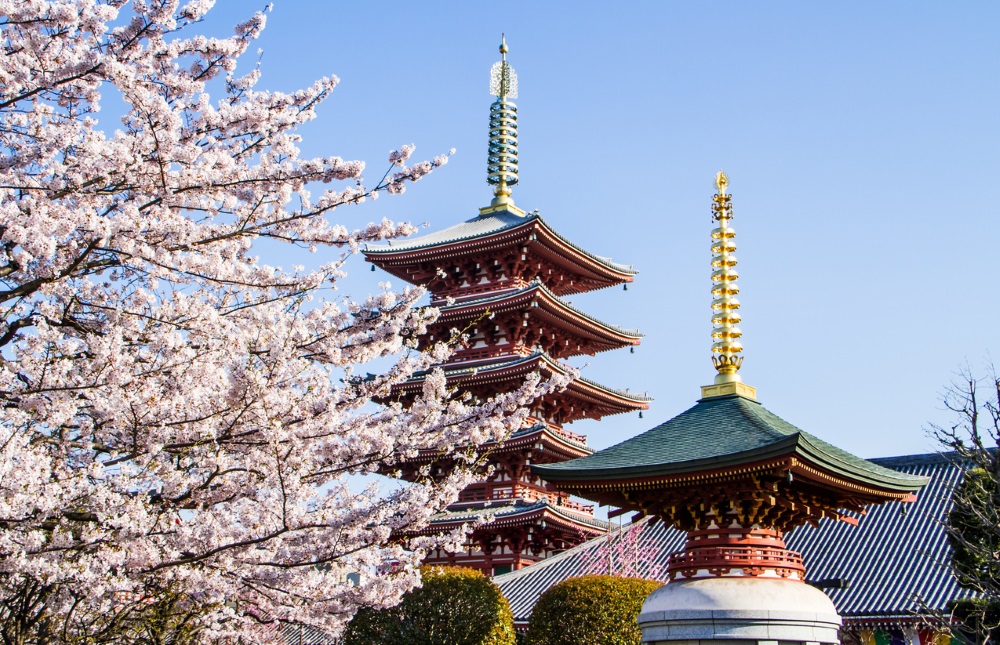
The Bloomberg Global Health Index recently ranked the world’s healthiest countries, giving each one a score out of 100. The index was based on several factors, including life expectancy, health risks and diet.
If you’re considering a move abroad and what to factor the health consciousness of a nation into your decision making process, we can help you get started. Here we’ve compiled a quick rundown of the five highest ranked countries from Bloomberg’s list. We’ve even included a local recipe for each location so you can get a taste of their lifestyle from the comfort of your own home.


Italy
Coming in at number one in this year’s health index with a heath grade of 93.11 is (perhaps unexpectedly) Italy, with the report showing that babies born in the home of pizza and spaghetti can currently expect to live to become octogenarians.
But while the health of its citizens is impressive, the health of Italy’s economy is less so. National growth has stagnated since the global economic crash in 2008, resulting in record levels of youth unemployment and a ballooning debt. Economic woes aren’t something you’d often associate with longer lifespans and healthier living.
However is appears that Italian’s laid back lifestyle and focus on enjoying time with friends and family is a major contributing factor to their wellbeing. Mental health is a key reading on the index and Italy scores highly here, with the nation’s sunny climate and the beautiful Italian countryside helping to keep stress levels under control.
Despite stereotypes of people in Italy gorging themselves on pizza and frequenting the many gelato establishments that can be found in cities like Rome, the average Italian’s diet is actually incredibly fresh and rich in vegetables, with lean meat and fish and a sprinkling of extra virgin olive oil helping to ensure that Italians avoid suffering from ailments that often plagues the populations of many other developed countries, such as higher blood pressure and cholesterol.
In fact the Mediterranean diet is seen as so beneficial to your health that in 2013 UNESCO added it to the Representative List of the Intangible Cultural Heritage of Humanity of Italy and a number of other Mediterranean countries.
If you want your own taste of Italy then you may want to try your hand at making some Penne Filetto di Pomodoro, a hearty tomato based sauce to enjoy with pasta (Recipe from the Italian chef)
Penne Filetto di Pomodoro
2 tblsp of extra virgin olive oil
1 small onion, chopped
⅛ of a lb Prosciutto di Parma, chopped
1 can of imported Italian tomatoes
Salt & pepper to taste
2 basil leaves, torn into pieces
1lb of penne pasta (or the shape of your choosing)
Grated Parmigiano-Reggiano cheese for serving
Italians also benefit from access to one of the world’s highest ranking healthcare systems, with free healthcare considered a right for all citizens and residents.
The system itself is a mix of public and private healthcare with subsidised prescriptions and free home visits for those on low incomes, ensuring that everyone has access to Italy’s ‘excess of doctors’.
A deep love of football also keeps many in Italy physically active, with the nation’s most popular sport being played by aspiring young footballers across the country. Other activities such as cycling and volleyball also help the population stay in shape.


Iceland
In second place with a health grade of 91.21 is Iceland, the small Nordic island nation that also tends to place highly in rankings of the world happiest countries.
For a country that spends half the year almost entirely enveloped in darkness it proves that you don’t need a lot of sun to enjoy a long and healthy life!
Diet-wise Iceland has little in common with Italy, with the population eating a lot of lamb and dairy products, alongside local delicacies including fermented shark, however one key area in which there are similarities is the freshness of their food, with the majority of it being sourced locally.
As shark isn’t a staple ingredient in most UK households, we’ve sourced a local lamb recipe so you can enjoy a taste of Iceland. (Recipe from mbl.is)
Icelandic leg of lamb
1 lean leg of lamb
1 lemon
2-3 cloves of garlic
Fresh rosemary
1 tablespoon dried sage
Fresh thyme
Freshly ground pepper and a pinch of sea salt
The tiny Scandinavian country also enjoys a world-class universal healthcare system, devoting a great deal of its GDP to healthcare and ensuring that everyone has ready access to a doctor. With an extremely low level of infant mortality and a low number of smokers, the average lifespan in Iceland sits at just over 80.
Icelanders also swear by the health benefits of the nation’s natural hot springs, with many claiming that their longevity is down to bathing in the spring water. While there is no actual evidence supporting this, a trip to the springs offers many the chance to relax and unwind with family and friends.
Additionally, thanks to the Icelandic reliance on renewable geothermal energy and the nation’s low population density, pollution levels are extraordinarily low, with an assessment from the OECD suggesting that the levels of toxic material is far lower than in other developed countries.
In terms of exercise Icelanders are known to enjoy staying physically fit, with hiking, rock climbing and kayaking all being popular leisurely pursuits, with many retreating to the gym in the long winter months when sunlight is scarce.


Switzerland
Switzerland often ranks highly in global ranking for other performance metrics, such as quality of life and human development, so it’s not that surprising that the small alpine nation also performs strongly for wellbeing, coming in at third place in this year’s rankings with an impressive health grade of 90.75.
A diverse mix of German, French, Italian and Romansh cultures throughout the county can lead to regions differing greatly in terms of lifestyle, however a set of unwritten social rules are prevalent throughout the country which leads Switzerland to be known for its cleanliness and social cohesion.
Thanks to the nation’s love of cheese, one of the most iconic of Switzerland’s dishes is of course Fondue, which is often enjoyed paired with a sweet wine – the country’s tipple of choice. The sweet palette of the Swiss can also been seen in one of its most famous exports, with the country being world renowned for its rich, high quality chocolate.
For the more health conscious, Birchermüesli (better known as muesli to you and I) also originated in Switzerland and the Swiss have even been known to have it in place of an evening meal.
If you fancy your own taste of Switzerland then you may want to try your hand at making some Rösti, a simple potato based dish that was once a mainstay of farm life in Bern. (Recipe from BBC Good Food)
Rösti
2 rashers streaky bacon
500g Maris Piper potato, peeled
5 tbsp olive oil
1 small onion
Butter
Switzerland differs from the majority of high ranking countries on this list in that there is no state run healthcare in the country, with citizens required to purchase insurance from private companies, which in turn are legally required to accept every applicant. However, the government has measures in place to ensure that no one pays more than 8% of their personal income on basic coverage.
Despite the relatively high cost of cost of healthcare in Switzerland, data suggests that citizens are content with the high level of care it provides, with a large number of doctors and nurses helping to provide a high standard of treatment and keep waiting times down.
The fresh mountain air is also likely a contributing factor to Swiss health. Thanks to an energy network that is largely powered by hydroelectricity and nuclear power, the air quality isn’t spoiled by high levels of carbon dioxide like in many other developed countries.
Switzerland’s location (being nestled amidst the Alps) lends itself to winter sports, with skiing, snowboarding and mountaineering being among the most popular pastimes for the Swiss. Other sports played in Switzerland include ice hockey and football, with tennis also becoming increasingly popular in recent years thanks to Swiss players Martina Hingis and Roger Federer.


Singapore
After topping the list in recent years, Singapore fell to fourth place in 2017, although with a health ranking of 90.23 it’s still well ahead of most other countries.
By far the smallest country in the top five, the city state of Singapore punches well above its weight in terms of welfare, placing higher than any other nation in Asia thanks to the significant improvement in average quality of life since the rapid development of its economy following its independence from the British Raj.
The local cuisine is greatly influenced by neighbouring Malaysian, Chinese, Indian and Indonesian dishes, with this food hybridity being seen as a major part of the country’s national identity. Singaporean recipes are noted for their liberal use of spices like ginger and turmeric which are said locally to improve circulation and ‘allow more vital nutrients to reach each organ’.
Meanwhile, the mix of local religious belief and dietary restrictions leads many to serve vegetarian options to avoid any cultural clashes. The recipe for Vegan Singaporean Noodles found below is a great example of this. (Recipe from the Minimalist Baker).
Vegan Singaporean Noodles
2 cloves garlic, minced
2 tbsp tamari or soy sauce
1-2 tbsp coconut sugar
1 large lime, juiced
6 ounces thin rice noodles
2 tbsp toasted sesame oil, divided
1/4 white onion, thinly sliced
3/4 red bell pepper, thinly sliced
12 snow peas
1 tbsp tamari or soy sauce
4 tsp curry powder
Singapore’s healthcare has also been repeatedly ranked one of the most efficient in the world with roughly 80% of the population relying upon the country’s universal healthcare system, which while not free is heavily supplemented by government subsidies and funded by compulsory savings from payroll deductions in a plan known as Medisave.
Singapore also places a lot of emphasis on preventing medical ailments through education and immunisation, leading to low levels of obesity and a lower than average number of deaths from HIV every year.
Also, as a small city state Singapore does not have large areas of countryside for its citizens to retreat to, so great efforts are made to tackle local pollution and provide clean green spaces and parks within the city for the population to enjoy.
Popular sports in Singapore include swimming, badminton and basketball, while the warm south Asian climate also prompts many residents to make use of the surrounding seas, with water sports such as water skiing and scuba diving also being popular recreational activities for locals.


Australia
As if you need any more reason to be jealous of those living in sunny Australia, the nation rounds out the top five on this list, with a health grade of 89.24.
Despite being home to some of the most dangerous wildlife on the planet, Australians born today can be expected to live to the ripe old age of 79 on average, which is no doubt in part thanks to the laid back national attitude that the country is famed for.
Unlike the other countries on this list, Australian cuisine is not always considered the most healthy and is largely influenced by over a century of British colonial rule, which has led to the popularity of traditional British dishes like roast dinners and fish and chips.
However, the most iconic of Australian meals would have to be the barbecue, with the prominence of meat in the local diet and Australia’s sweltering summers leading many to gather with friends and family to enjoy relaxed evenings of eating and drinking.
If you wish to try an Australian style barbecue at home but aren’t blessed with reliable summers, here’s a recipe for sticky pork ribs you can make from the comfort of your kitchen. (Recipe from myfoodbook)
Sticky pork ribs
2 garlic cloves, finely chopped
1/3 cup honey
1/4 cup tomato sauce
1/4 cup oyster sauce
3 racks of American-style pork ribs
Australian’s take their health very seriously, as evidenced in 2008 when the Australian government established the National Preventative Health Taskforce with the goal of tackling some major health burdens such as obesity and excessive consumption of alcohol, with the group publishing a paper entitled ‘Australia: the healthiest country by 2020’. This goal doesn’t look too far off considering the current rankings.
Australia’s healthcare is based upon a publicly funded universal system which coexists alongside a private health system, with the government helping to subsidise most prescription medications for citizens.
Sports-wise Australian’s like to make use of their many beautiful beaches, with volleyball and surfing being a favourite of many locals. The Aussies also have a keen interest in both cricket and rugby, with world-renowned national teams.


Honourable Mentions
Although it failed to score as highly as its Mediterranean neighbour Italy, Spain’s extensive public health system and fresh diet led the country to reach sixth place this year, despite still Spain still suffering from the aftereffects of the 2008 financial crisis.
With an average life expectancy of 85 and over 58,000 people breaking the 100 marker, it is maybe a bit surprising that Japan only came in at a close seventh this year.
However, with excessive smoking habits and the long working hours and stress that are associated with Japanese working culture taking their toll on much of the population, Japan finds itself falling just short of making the top five.
Sweden ranks eighth in 2017’s rankings, with the country’s strong focus on education and environmental issues helping Swedes to live a healthier lifestyle than many of their neighbours. Its publicly funded healthcare system is also well regarded, ranking in the top five for is low infant mortality rate.
So there you have it, our look at some of the world’s healthiest nations. If you fancy starting a healthier life abroad, one of these destinations could be the home for you.

A beautiful writer with a concise and succinct style. She contributes regularly to monthly articles and round-ups for Everything Overseas. In the past year, Elizabeth has covered homes under £100,000 to Live and let's dine: 20 best places for food lovers.
More articles by Elizabeth Everett | View all our authors
Or you can read more about your chosen country:
